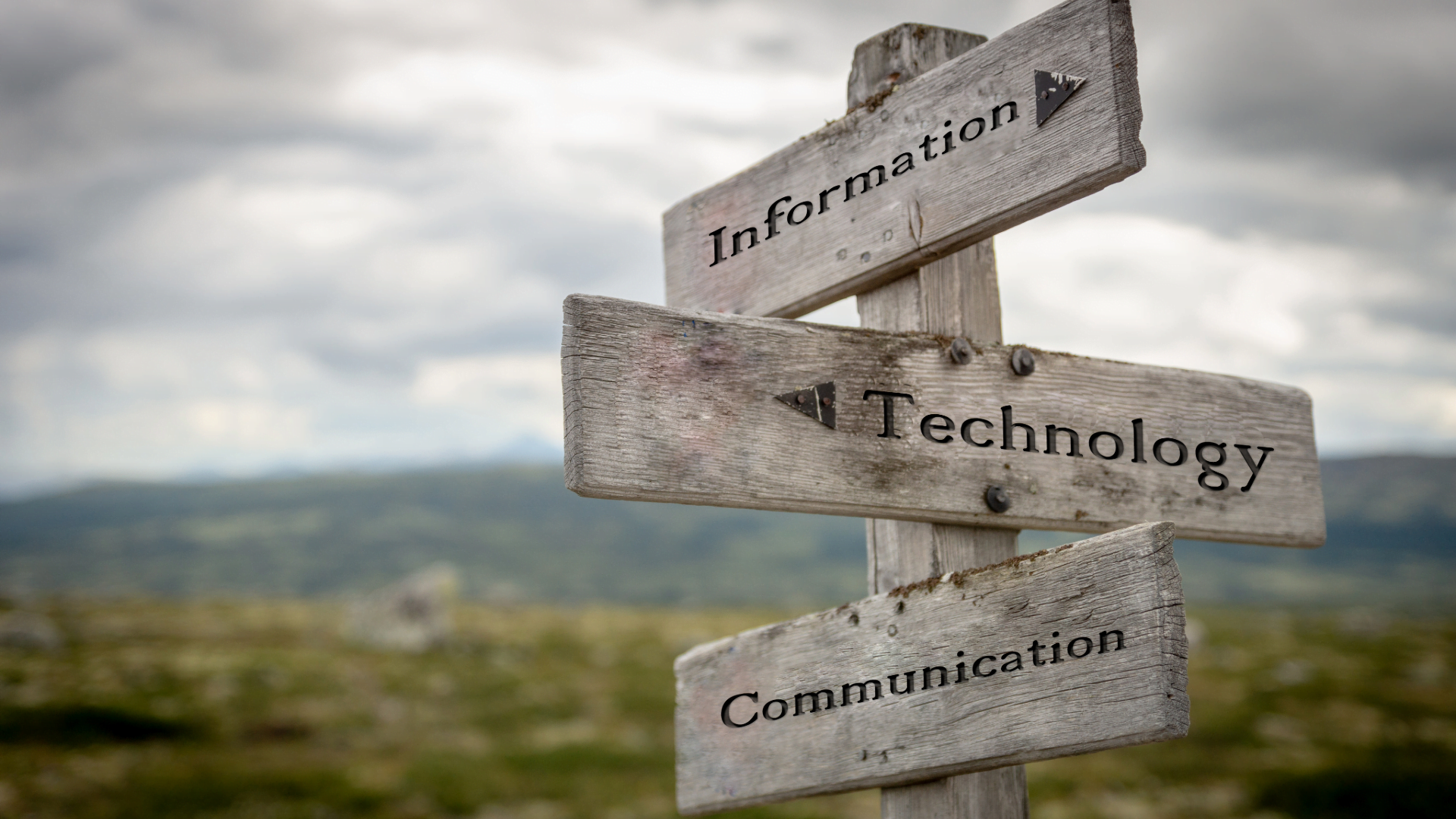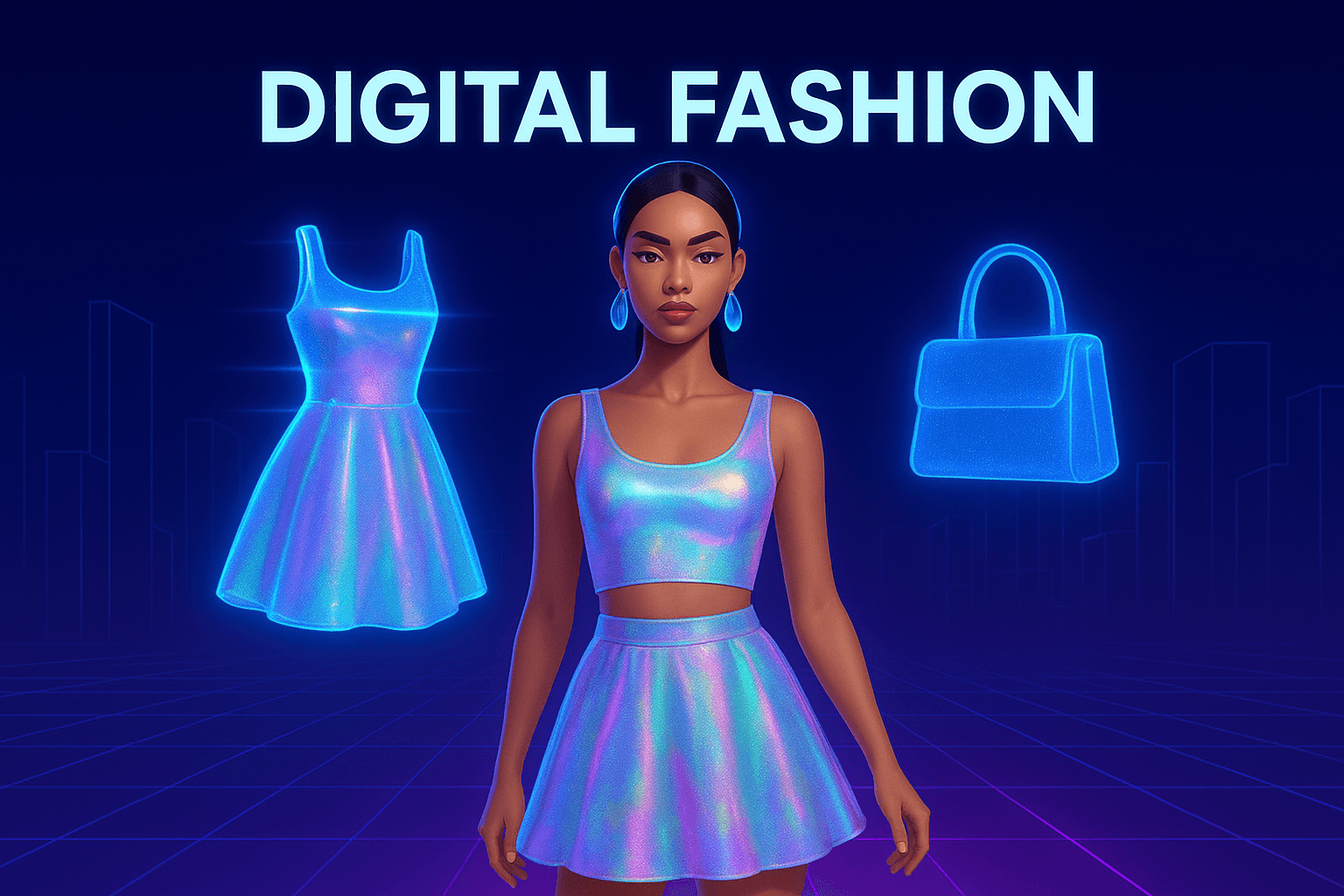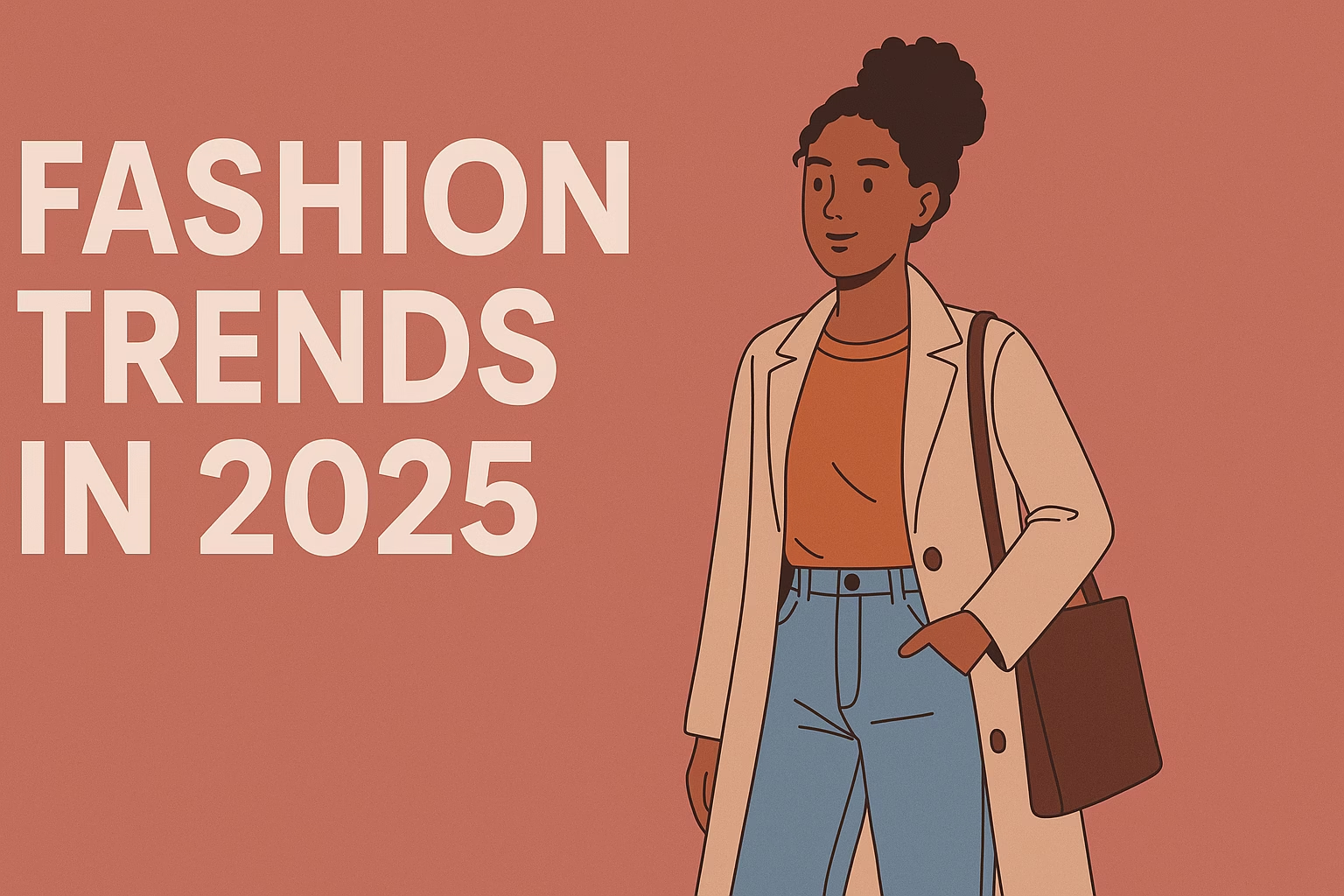Information Technology (IT) refers to the use of computers, software, networks, and other digital technologies to store, process, retrieve, and transmit information. IT covers a broad range of technologies and applications. They are used to manage and manipulate data for various purposes, including communication, decision-making, problem-solving and automation.

Here are some key aspects of Information Technology:
Hardware:

This includes computers, servers, networking equipment, storage device, and other physical components used to process and store data.
Software:
It software includes operating systems, applications, programming languages, and other tools used to create, manage, and run computer systems and applications.
Networking:
Networking Technologies enable the connection of computers and other devices to share data and resources. This includes wired and wireless networks, routers, switches, protocols, and Internet connectivity.
Data Management:

IT involves the collection, storage, organisation, and retrieval of data. This includes database, data warehouses, data mining and data analysis technologies used to analyse and extract insights from large datasets.
Cyber-security:
IT security measures protect computer systems, networks, and data from unauthorized access, breaches, and cyber attacks. This includes firewalls, encryption, antivirus software, intrusion detection systems, and security policies and procedures.
Cloud Computing:
Cloud computing provides on-demand access to computing resources like servers, storage and applications, other the internet. It enables organisations to scale resources dynamically, reduce infrastructure costs, and increase flexibility and agility.

Internet of Things (IoT):
Iot technologies connect physical devices, sensors and objects to the internet, enabling them to collect and exchange data. IoT application include smart homes, smart cities, industrial automation, and healthcare monitoring.
Artificial Intelligence (AI):
AI technologies enable computers to perform tasks that typically require human intelligence like speech recognition, natural language processing, image recognition and decision-making. AI applications also includes virtual assistants, chatbots, recommendation system, and autonomous vehicles.
Big Data:
Big data technologies process and analyse large volumes of structured and unstructured data to extract valuable insights and patterns. This includes tools and techniques such as Hadoop, Spartk, NoSQL databases and machine learning algorithms.
Mobile Computing:
Technologies enables users to access information and services on smartphones, tables and other mobile devices. This includes mobile apps, mobile websites, location-based services, and mobile payment systems.
IT influence in the modern world:

Communication:
It enables instant communication across the globe through email, social media, messaging app, and video conferencing platforms. This facilitates collaboration, networking and knowledge sharing among individuals and organisations worldwide.
Education:
IT has transformed the way education is delivered and accessed. Online learning platforms, Digital textbooks, education apps and interactive multimedia resources etc provide students with flexible learning opportunities and personalised experiences.
Business and Commerce:
IT plays a vital role in business operations, from managing customer relationships and inventory to processing transactions and analysing market data. E-commerce platforms enable businesses to reach customers globally and conduct transactions online.
Healthcare:
IT innovations have revolutionised healthcare delivery, with electronic health records, telemedicine, wearable health devices, and medical imaging technologies improving patient care, diagnosis, and treatment outcomes.
Entertainment:
IT has transformed the entertainment industry, with streaming services, digital gaming, virtual reality (VR) and augmented reality offering immersive and interactive experiences for users. Social media platforms and content-sharing websites provide a platform of creative expression and entertainment.
Transportation:
IT advancements have improved transportation systems with GPS navigation, traffic management systems, ride-sharing apps, and autonomous vehicles enhancing safety, efficiency, and convenience in transportation.
Urban Living and Environmental Sustainability:
Smart city initiatives leverage IT to optimise infrastructure, utilities, transportation and public services. IT solutions contribute to environmental sustainability by enabling resource conservation, energy efficiency and pollution reduction. Smart grid systems, environmental monitoring sensors, and green IT practices help mitigate environmental impacts.
Finance and Banking:
IT innovations in financial services include online banking, mobile payments, blockchain technology and algorithmic trading. These technologies facilitate secure and efficient financial transactions, investment management and risk mitigation.
Workforce and Employment:
IT has reshaped the nature of work with remote work, digital collaboration tools and automation technologies changing how and where work is performed. It has created new job opportunities in fields like cybersecurity, data science and software developement.

Information Technology plays crucial role in modern society, driving innovation, productivity, and economic growth across various industries and sectors. It has also transformed how businesses operate, how people communicate, and how information is accessed and shared globally.









